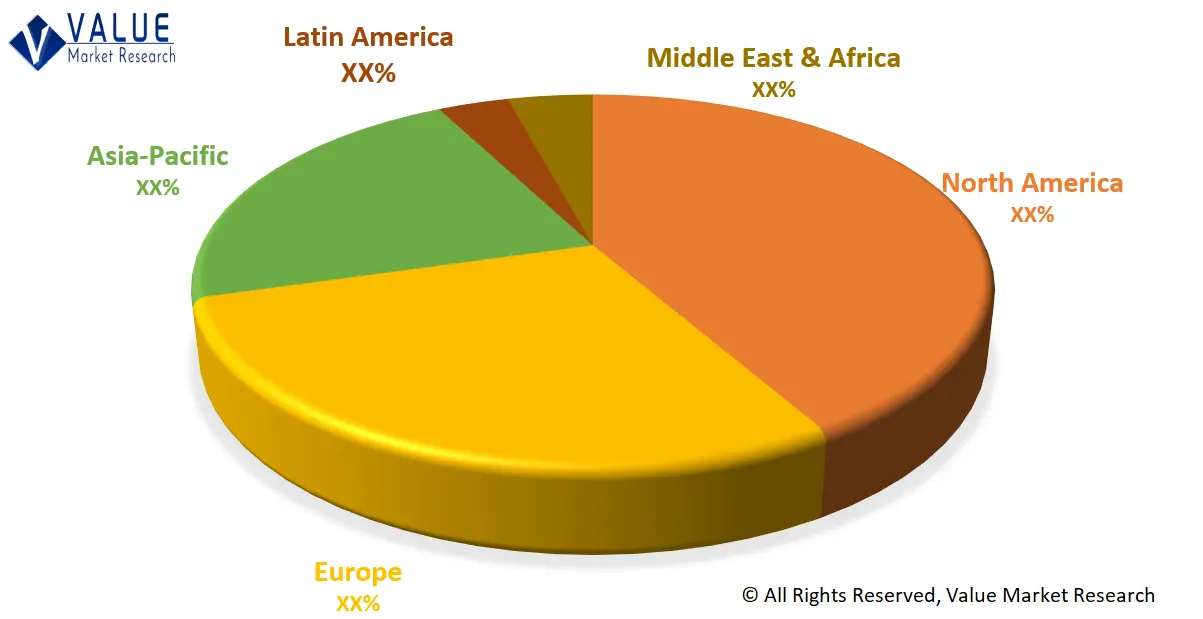The global demand for Black Seed Oil Market is presumed to reach the market size of nearly USD 38.62 MN by 2030 from USD 20.56 MN in 2022 with a CAGR of 8.2% under the study period 2023 - 2030.
Black seed oil is the oil derived from the seeds of the Nigella Sativa plant. Black seed oil, also known as black caraway, black cumin, nigella, or kalonji, can be offered as oil, powder, tablets, capsules, and soft gel. Black seed oil possesses medicinal properties and can be used as an effective remedy for curing several ailments, including diabetes, cholesterol, asthma, rheumatoid arthritis, respiratory infections, etc. Black seed oil, an incredibly powerful seed oil, has also gained acknowledgement for use in food dishes because of its aroma and taste in soups, curries, soups, and meat dishes.
Market Dynamics
The use of black seed oil in culinary applications as a flavouring agent to add aroma and flavour to salad dressing, bread, bakery products, curries, etc., is anticipated to play a considerable role in the growth of the black cumin seed oil market. Moreover, the black seed oil contains various nutrients and supplements, such as calcium, phosphorous, copper, and zinc, which aid and support multiple bodily functions and propel the demand. Furthermore, black seed oil can be used as a capsule or liquid. Thus, the health benefits of black seed oil are expected to drive the market's growth focus during the forecast period. Additionally, the growth of the skincare industry and the growing awareness about the benefits of black seed oil are expected to favour the industry growth.
The research report covers Porter's Five Forces Model, Market Attractiveness Analysis, and Value Chain analysis. These tools help to get a clear picture of the industry's structure and evaluate the competition attractiveness at a global level. Additionally, these tools also give an inclusive assessment of each segment in the global market of black seed oil. The growth and trends of black seed oil industry provide a holistic approach to this study.
Market Segmentation
This section of the black seed oil market report provides detailed data on the segments at country and regional level, thereby assisting the strategist in identifying the target demographics for the respective product or services with the upcoming opportunities.
By Product
- Oil
- Powder, Tablets, & Capsules
- Soft Gel
By Application
- Personal Care & Cosmetics
- Pharmaceuticals
- Nutraceutical
- Flavoring & Dressing
- Culinary
Regional Analysis
This section covers the regional outlook, which accentuates current and future demand for the Black Seed Oil market across North America, Europe, Asia-Pacific, Latin America, and Middle East & Africa. Further, the report focuses on demand, estimation, and forecast for individual application segments across all the prominent regions.
Global Black Seed Oil Market Share by Region (Representative Graph)

The research report also covers the comprehensive profiles of the key players in the market and an in-depth view of the competitive landscape worldwide. The major players in the black seed oil market include TriNutra, Ltd., Z-COMPANY, The Kerfoot Group Limited, Sabinsa Corporation, FLAVEX Naturextrakte GmbH., Amazing Nutrition, Safa Honey Co., ConnOils LLC., SanaBio GmbH, Manish Agro. This section consists of a holistic view of the competitive landscape that includes various strategic developments such as key mergers & acquisitions, future capacities, partnerships, financial overviews, collaborations, new product developments, new product launches, and other developments.
In case you have any custom requirements, do write to us. Our research team can offer a customized report as per your need.

